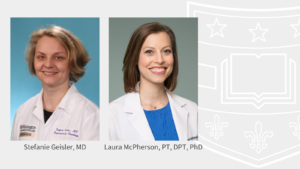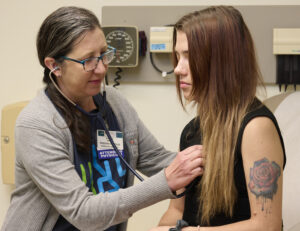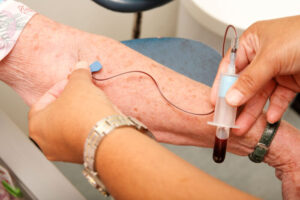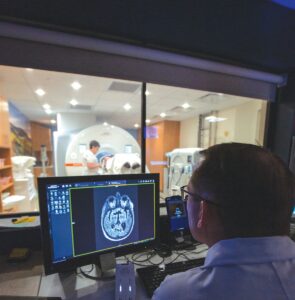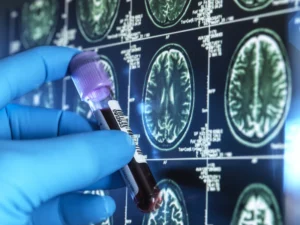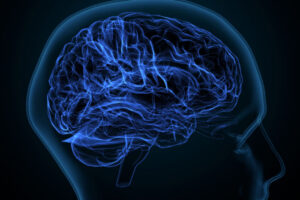Alzheimer’s disease (AD) is a neurodegenerative disorder that results in progressive loss of cognitive function. It is critical to identify individuals who are at the highest risk of developing AD as early as possible so that appropriate treatment plans can be developed. Neuropsychological tests of psychomotor speed, attention, and memory are frequently used to assess […]
Steady as she goes! Daily fluctuations in cognitive ability are associated with risk of Alzheimer’s disease (Links to an external site)

